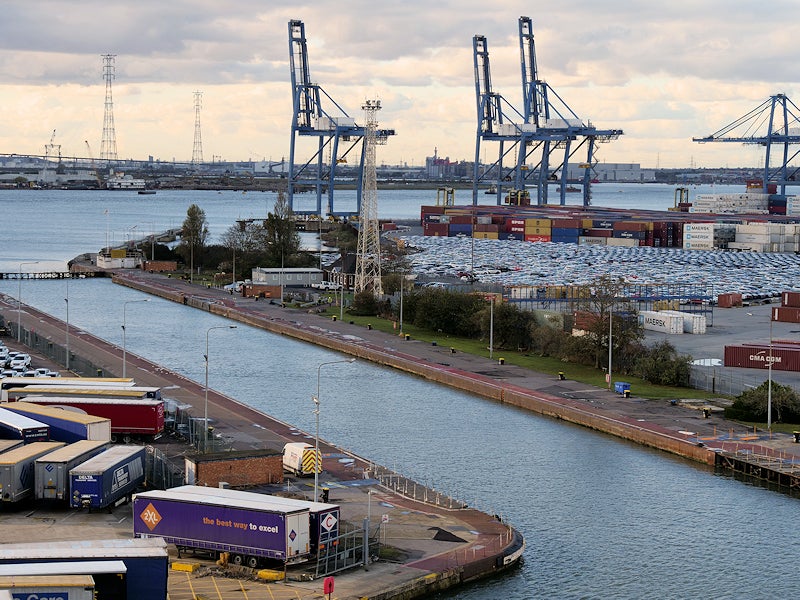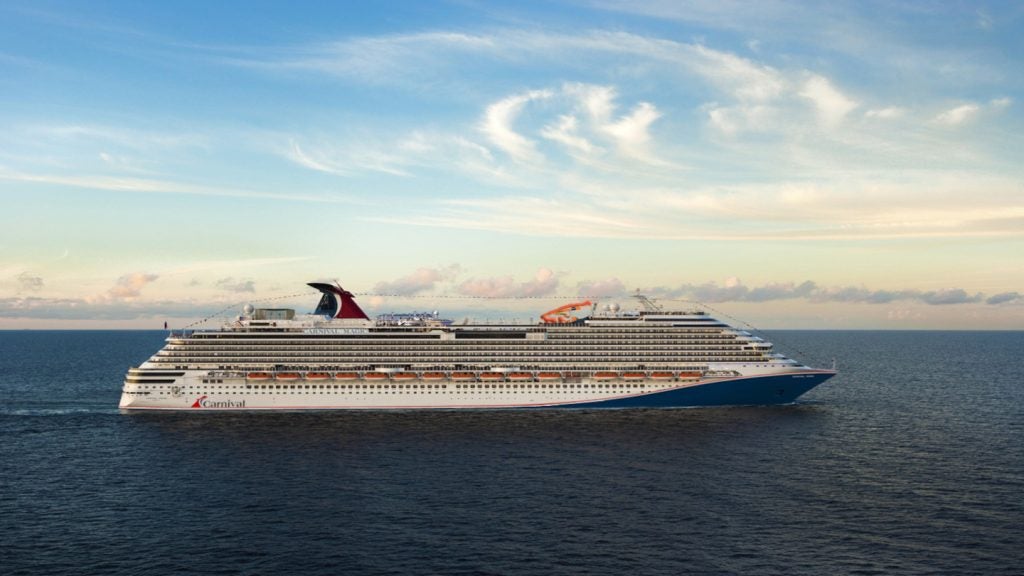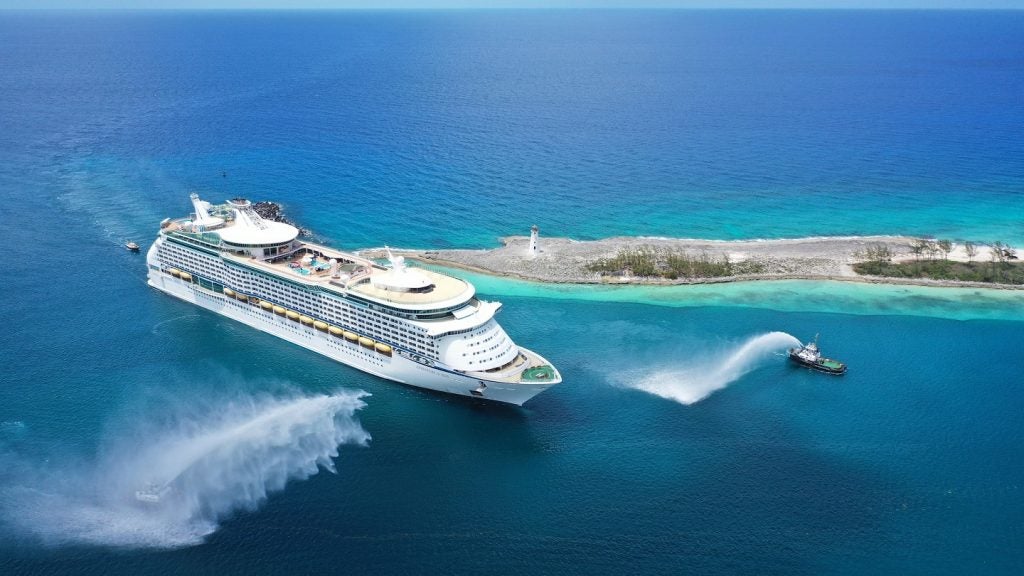
The UK has been one of the most prominent hubs in the field of global maritime services for many decades, particularly excelling in marine insurance, shipbroking and shipping finance.
However, as international economic uncertainty looms, the country is facing increasing competition from prospering shipping centres such as Singapore and China, where trade is catalysing local markets and creating a demand for innovation across the sector.
This is the verdict of a recent report by UK industry umbrella Maritime London, which examined the present and future of British maritime professional business services (MPBS). Titled ‘Catching the Wave’, it was carried out by PricewaterhouseCoopers (PwC) and the Corporation of the City of London in support of the UK Government’s Maritime 2050 strategy.
Released in September 2019, it concluded that a lack of action could lead to stagnation in UK shipping, but also offered 36 recommendations that could help boost local maritime services in the face of growing competition.
Below are some of the key takeaways from the report, which include a call for more investment on technology and green shipping, as well as the introduction of a ‘shipping czar’.
The UK is feeling increased pressure from Asian competitors
Over the past few years, the British MPBS sector has managed to consolidate its prominent position at a global level. In fact, building on previous analysis by the City of London Corporation, the report found MPBS contributes a whopping $5.6bn a year to the British economy, with a workforce of over 10,000 highly skilled professionals.
How well do you really know your competitors?
Access the most comprehensive Company Profiles on the market, powered by GlobalData. Save hours of research. Gain competitive edge.

Thank you!
Your download email will arrive shortly
Not ready to buy yet? Download a free sample
We are confident about the unique quality of our Company Profiles. However, we want you to make the most beneficial decision for your business, so we offer a free sample that you can download by submitting the below form
By GlobalDataMainly leading the way in the fields of law, insurance and shipbroking, the sector still holds a solid 25% share of the overall market, which is worth around $20bn per year.
As global trade progressively shifts towards Asia, however, British MPBS is being challenged by increased competition in key shipping hubs like the US, China, Norway and Singapore.
Figures from the report further show that Asian countries have now taken the lead of inter-regional trade, detaining over 50% of trade across regions and attracting shipping companies, charterers and MPBS providers from around the world.
This is inevitably causing losses in the UK’s market share. As the report puts it: “We estimate that if the UK had maintained its market share over the last two years, this would have resulted in an additional $700 million p.a. (per annum) in GVA (gross value added) for the UK economy.”
With PwC expecting South East Asia to become the largest centre of intra-regional trade in the next decade, UK companies will have to make a number of radical changes if they want to stay afloat.
A ‘shipping czar’ could help attract shipowners and charterers
While so far managing to maintain a solid MPBS cluster even with a small shipowner base, the sector needs to encourage more owners and charters to locate in the UK, according to the report.
This could be achieved via the introduction of a so-called ‘shipping czar’ who would “coordinate between relevant departments, trade associations, and the MCA [Maritime and Coastguard Agency], and have the authority to represent [the] government to shipowners”.
Alongside this new figure, the government should also look at re-evaluating existing targets and making Britain more attractive by introducing more tax and business cost incentives for a small number of flagship owners and charterers planning to relocate to the country.
Recommendations also include improving the government’s current plans to grow the UK flag by adding a new comprehensive strategy review and a marketing strategy to compete internationally.
The UK should increase its lead in specialist segments
Through a joint effort between the government and the industry, the UK should leverage its existing leadership in specialist segments, including maritime disputes and more complex insurances.
As the report suggests, this could be achieved by ensuring that Downing Street is “at the forefront of developing legal frameworks around areas such as AI, autonomous vessels, and carbon emissions which are likely to be important issues in future disputes and arbitration”.
Adding to this, strong emphasis should be put on developing standards around innovation by building strong relationships between the British IMO delegation and the Maritime Professional Services Forum.
In addition, the UK’s already strong role in digital maritime technology could be enhanced through the creation of an industry and government-backed fund that would drive innovation in the sector.
Ship finance provision is declining
The report identified ship finance as one of the weak spots of the MPBS sector, having acquired a rather marginal presence following the exodus from the market of lending leaders like the Royal Bank of Scotland and Lloyds.
Although the chances of matching previous standards remain unlikely, the report cited a number of measures that could help revive this sector.
These include stricter cooperation between the government, the industry and the London Stock Exchange, a move that would help catalyse capital markets activity in the coming years.
In addition, London should become the leading offshore centre for RMB-based ship leasing and other forms of finance.
Finally, green finance should become a pivotal focus area for the UK, which has the means to become a leader in this segment. On the industry’s end, this can be obtained by adopting more green finance products and strengthening Britain’s role in standards organisations, such as the Climate Bonds Initiative.
As per the report, the government should also put in place “incentives such as export finance, public/private funds, and vessel residual value guarantees related to green technology” in support of these measures.
Ensuring post-Brexit employment
The UK’s imminent withdrawal from the European Union could mean stricter regulation on immigration, which will limit the industry’s access to international skilled staff.
As a result, Maritime London says ensuring visa and immigration rules after Brexit will be pivotal in allowing firms greater access to non-British citizens. Educational institutions should also be kept open to global students.
The sector should also work to promote diversity in the workforce and encourage more women to the work in MPBS through initiatives like the Women in Maritime taskforce.
Finally, the report also encourages stakeholders and the Department for International Trade to further internationalise British highly successful marine colleges and increase training support towards cadetships and shore-based roles.
Bolstering the cluster effect
The last set of recommendations from the report focuses on strengthening the so-called cluster effects of having multiple MBPS providers in one location.
Maritime clusters are defined by the World Ocean Council as “concentrations of similar or related maritime firms […] that share common markets, technologies, worker skill needs, and are often linked by buyer-supplier relationships and operate in close interactions with another directly and through multiple networks”.
The benefits linked to this business model include increased competition and information sharing, as well as the birth of new partnerships.
Already proving successful in the British maritime sector, this effect could be further amplified through cooperation with the DIT, industry umbrellas and other European MPBS clusters, which would help create a ‘super-cluster’.
Companies should also engage with developing economies like China to capitalise on their rapid expansion, while also exploring ways to create ‘virtual clustering’ “to improve collaboration and increase the visibility of maritime services in the UK”.
Although some of these measures remain subject to Brexit developments, the report concludes: “strengthening the MPBS cluster should remain a core element of the Maritime 2050 strategy, reflecting MPBS’ importance as the jewel in the crown of the UK’s maritime sector”.







